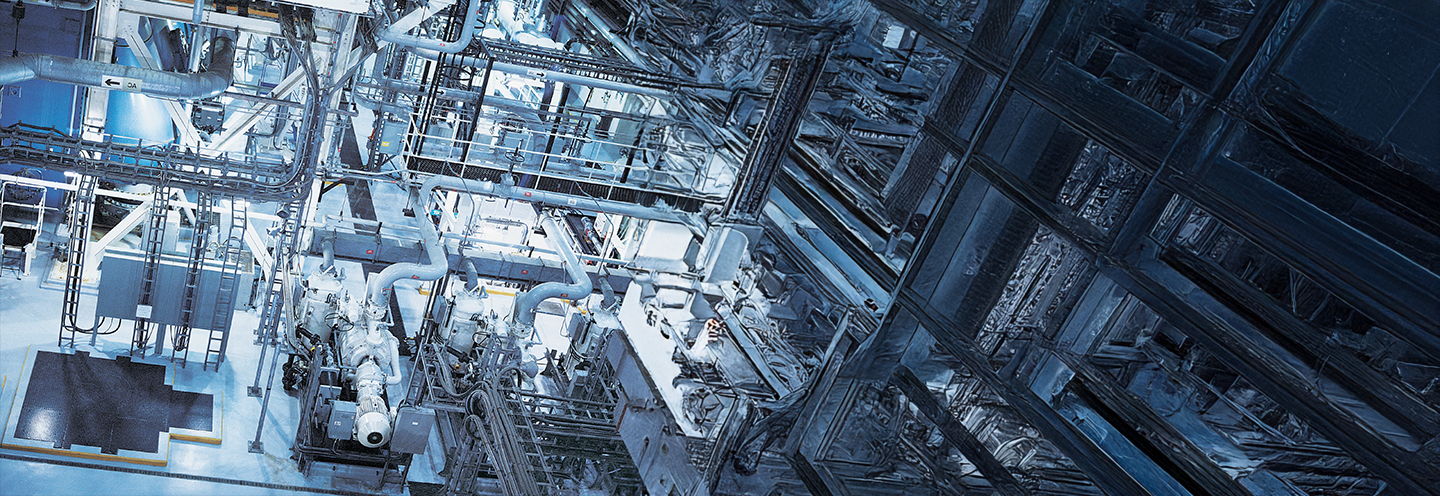Infrared technology requires leading-edge expertise in a number of technical fields, including physics, mathematics, electronics and optics. Your core business might not necessarily call for in-depth knowledge of these particular fields, but your supplier must at least be capable of providing rock-solid guidance when it comes to choosing, implementing and incorporating the best products, as well as ensuring that those solutions continue to deliver the best performance. To offer such support, your supplier has access to a range of skills, resources and equipment, including a diagnostic scanner.
This inspection and maintenance device is widespread in a broad array of industries. For example, the automotive industry uses diagnostic scanners to collect information about a vehicle's technical and mechanical operation, as well as to pinpoint any faults or malfunctions before they actually occur or get worse. They can also help technicians tweak any incorrect settings or fine-tune the engine for superior performance.
This article takes a closer look at how and why diagnostic scanners also happen to be vitally important inspection devices for suppliers in the infrared sector.
Why you should use a diagnostic scanner for infrared applications
There are several instances where you will need to test a detector's technical efficiency and approve its features before incorporating it into sophisticated optoelectronic systems. The defense industry is a prime example.
In some cases, organizations may need to check that a cooled infrared sensor is working as expected or even make sure that processes are re-tested and verified before use. This could be the case after a detector has been in storage for an extended period of time or after maintenance has been carried out on the entire system.
Diagnostic scanners also offer an effective way of testing a product's quality and operation. If a product sails through the tests, it will save time by sparing the organization from having to go through the process of returning the product, which takes time and ties up the administrative and logistics teams.
To find out more, feel free to check out the interview with Jean-Christophe Legrand, Service Offer Manager at LYNRED and Head of Diagnostic Scanner Services.

The main checkpoints with a diagnostic scanner
LYNRED has designed the VDiagTool diagnostic scanner to allow its customers to improve the use of their cooled infrared detectors.
VDiagTool is capable of checking a number of technical points, including:
- FPA connection check
- Diode temperature signal check
- Cryogenic testing: detector cooldown time, steady-state temperature, cooler peak power dissipation, cooler controlled power dissipation, and Dewar vacuum quality.
VDiagTool features an automatic getter activation module to overcome any Dewar vacuum issues.
The VDiagTool diagnostic scanner is available to customers, complete with an advanced training course to use the device unassisted and achieve the best results. VDiagTool represents a tremendous tool when implementing and supporting infrared detectors.
The immediate advantages in using the diagnostic scanner for infrared applications
The diagnostic scanner saves time and eliminates any unnecessary spending. It can prevent an infrared sensor from being sent back to the factory by first checking its performance, which also cuts out the risks involved in handling and shipping detectors. Cooled thermal sensors are fragile and prone to damage if not handled with care.
By combining diagnostics into the detector's cryogenic performance with the "getter activation" feature, VDiagTool injects greater independence into preventive and corrective maintenance processes by improving Dewar vacuum quality.
Diagnostic scanners represent a high value-added test instrument for suppliers who believe in delivering close support to their customers throughout the product development cycle.
To find out more, feel free to check out the interview with Jean-Christophe Legrand, Service Offer Manager at LYNRED and Head of Diagnostic Scanner Services.












